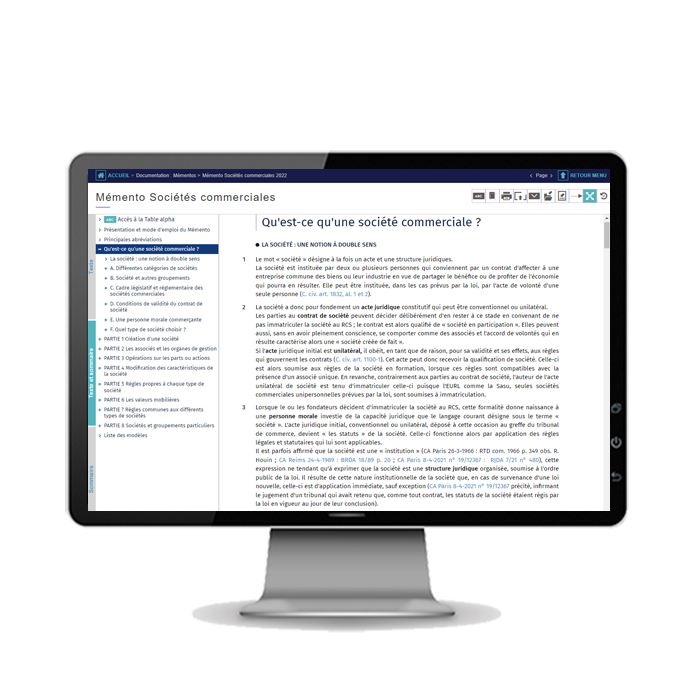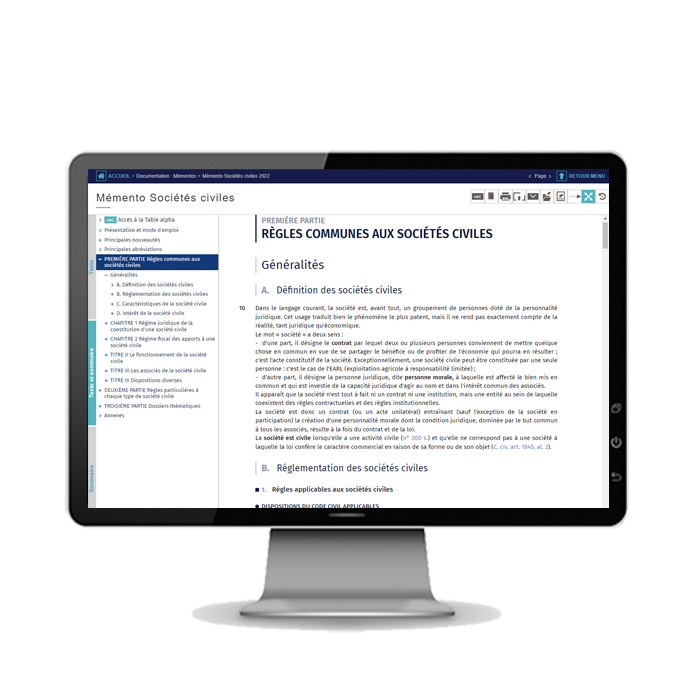Although OECD tax officials don’t expect to release detailed rules implementing the inclusive framework’s digital economy work program in 2020, they remain optimistic that countries are on schedule to agree on the proposal’s key principles.
According to Pascal Saint-Amans, director of the OECD’s Centre for Tax Policy and Administration, the OECD’s inclusive framework still hopes to meet the 2020 deadline for reaching consensus on the basic features of a reformed international tax system. Although inclusive framework countries committed in January to use the OECD secretariat’s pillar 1 (revised nexus and profit allocation rules) and pillar 2 (a global anti-base-erosion regime) proposals as the basis for further work, fundamental design issues — including the possibility of using a safe harbor approach — remain unresolved.
Speaking February 14 at the Tax Council Policy Institute symposium in Washington, Saint-Amans said countries’ focus is now on reaching consensus on the main characteristics of the system by 2020. More detailed technical guidance could be issued after 2020 through the inclusive framework’s follow-up work.
“I think we’re changing paradigms from rules to simply where you have more of a common understanding,” Saint-Amans said. “It’s not about writing hundreds of pages of theoretical rules, but having the right tax people around the table taking a case-by-case approach, maybe with the companies, and [making decisions] upfront. That’s much more simple than thinking that the OECD is [becoming] a world tax organization, which we are not doing.”
Saint-Amans said he hoped participating countries can reach agreement in time for the inclusive framework’s July meeting. Although the timeline is very aggressive, the failure to reach consensus soon could spark the widespread adoption of digital services taxes, diverted profits taxes, and other unilateral measures, he said.
“The real difficulty is that on the one hand, we need to move fast so that countries looking to take unilateral measures don’t feel obliged to do it,” Saint-Amans said. “We need to show real progress. If we [delay] to get it technically perfect, you will have unilateral measures.”
Focus on Prevention
According to Saint-Amans, improving tax certainty has been a persistent challenge as the inclusive framework continues its negotiations. The OECD secretariat’s unified approach to pillar 1 would create a broader nexus standard for large consumer-facing multinationals and allocate taxing rights over three categories of profit — referred to as amounts A, B, and C — to market jurisdictions.
The determination of amount A — an allocated portion of the multinational group’s deemed residual profit — would present particular challenges because it would break from existing transfer pricing principles based on the arm’s-length principle and potentially involve many different jurisdictions. This is why the inclusive framework has decided to place greater focus on upfront dispute prevention, according to Saint-Amans.
“It doesn’t mean that we will not do dispute resolution, but it is another dimension and we’ve made some progress. We can see a strong appetite by companies, but also by tax administrations, so we are hopeful that we can make very significant progress on dispute prevention as well as dispute resolution,” Saint-Amans said. “That can be a game-changer.”
According to the inclusive framework’s recent statement committing to build on the OECD secretariat’s pillar 1 unified approach, one dispute prevention tool under consideration is an upfront review procedure for the amount A determinations. The review, which would share some features of the OECD’s international compliance assurance program, would be carried out by a panel consisting of country representatives and the outcome would be binding.
Grace Perez-Navarro, deputy director of the OECD’s Centre for Tax Policy and Administration, said countries are considering the new approach because of the practical impossibility of handling amount A determinations through traditional dispute resolution mechanisms. Because of their bilateral focus, mutual agreement procedures are poorly suited to resolve questions concerning amount A that may involve many different entities located in many different jurisdictions, she said.
“It would be bringing together this representative group to try and look at and agree on all the elements of amount A, [like] who is in amount A, etc. But this is very early stages,” Perez-Navarro said. “The idea is to ensure upfront that taxpayers have certainty and tax administrations all agree so that the allocation can be made across the board, because you’re talking about multiple jurisdictions being involved.”
Although OECD countries can build on experience administering the international compliance assurance program in developing the panel review procedure, the biggest obstacle may be persuading countries to delegate some of their authority to the countries represented on the panel, Perez-Navarro said.
“Clearly you cannot have 137 countries in the panel, and so other countries will have to put trust in other countries that are on the panel that they are doing this in the right way [and] the fair way that they can accept. This is essentially relinquishing some authority to the panel, so that is going to be a great challenge,” Perez-Navarro said. “Just getting the trust of countries to have somebody else make these determinations is going to be a big challenge, so we’ll have to figure out how we put in mechanisms to provide that level of trust.”
Ryan FINLEY
Cet article est extrait de notre service d'actualité Taxnotes.





